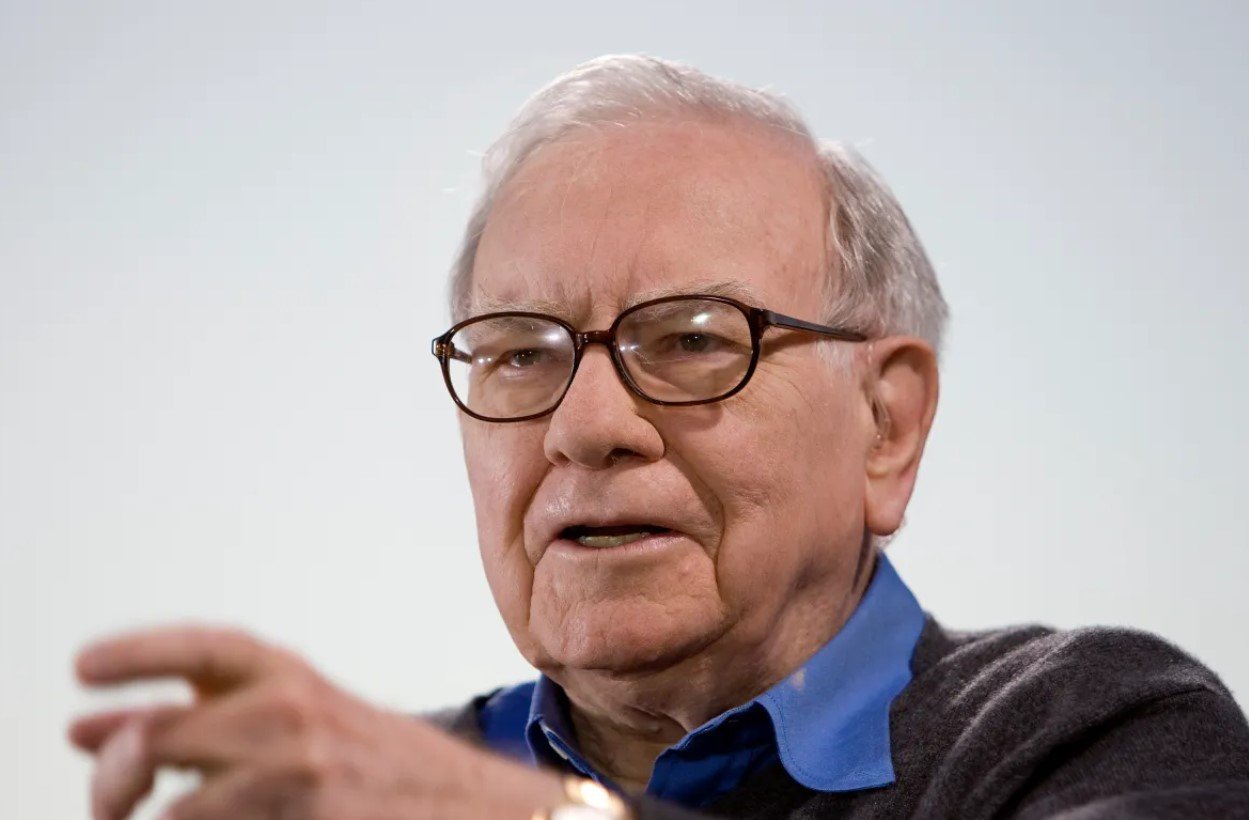In a significant move, Warren Buffett’s Berkshire Hathaway has continued to sell off its shares in Bank of America, with total sales now exceeding $3.8 billion. This decision comes as the bank’s stock price has seen a substantial increase, prompting Buffett to reduce his stake. Despite these sales, Berkshire Hathaway remains the largest shareholder of Bank of America, holding a significant portion of the company’s shares.
Strategic Reduction in Holdings
Warren Buffett’s decision to sell a portion of Berkshire Hathaway’s holdings in Bank of America has raised eyebrows in the financial world. The sales, which began in mid-July, have seen Berkshire offload approximately 90.4 million shares. This move is seen as a strategic decision to capitalize on the recent surge in the bank’s stock price, which has risen by about two-thirds since late October. Despite the reduction, Berkshire still holds a substantial 12.1% stake in the bank.

The timing of these sales is noteworthy. Bank of America’s stock price hit a two-year high following a strong earnings report, making it an opportune moment for Berkshire to trim its holdings. This decision aligns with Buffett’s investment philosophy of selling when the market presents favorable conditions. The sales have not only generated significant cash for Berkshire but also allowed the conglomerate to maintain a strong position in the bank.
Berkshire Hathaway’s continued investment in Bank of America since 2011 underscores Buffett’s confidence in the bank’s leadership and long-term prospects. The initial investment of $5 billion in preferred stock was a vote of confidence in CEO Brian Moynihan’s ability to steer the bank through challenging times. This latest move, while reducing the stake, does not diminish Berkshire’s overall confidence in the bank’s future.
Financial Implications and Market Reactions
The financial implications of Berkshire Hathaway’s sales are substantial. The $3.8 billion generated from these transactions adds to Berkshire’s already robust cash reserves. This influx of capital provides the conglomerate with increased flexibility to pursue other investment opportunities or bolster its existing portfolio. The sales also highlight Buffett’s ability to navigate the market effectively, capitalizing on favorable conditions to maximize returns.
Market reactions to the sales have been mixed. While some investors view the reduction in holdings as a signal of potential concerns about Bank of America’s future performance, others see it as a routine portfolio adjustment. The bank’s stock price has experienced some volatility following the announcement, but it remains relatively stable. Analysts suggest that the long-term impact on Bank of America’s stock will depend on its continued financial performance and market conditions.
Buffett’s decision to sell shares also serves as a reminder of his investment principles. He has often emphasized the importance of value investing and the need to adapt to changing market dynamics. By reducing Berkshire’s stake in Bank of America, Buffett is demonstrating his commitment to these principles, ensuring that the conglomerate’s portfolio remains balanced and aligned with its long-term goals.
Future Prospects for Bank of America
Despite the reduction in Berkshire Hathaway’s holdings, the future prospects for Bank of America remain positive. The bank has shown resilience in the face of economic challenges and continues to perform well in key areas such as investment banking and consumer lending. CEO Brian Moynihan’s leadership has been instrumental in driving the bank’s growth and maintaining its competitive edge.
Bank of America’s recent earnings report highlighted strong performance across various segments, contributing to the surge in its stock price. The bank’s ability to adapt to changing market conditions and capitalize on growth opportunities bodes well for its future. Analysts remain optimistic about the bank’s long-term prospects, citing its robust financial position and strategic initiatives.
Berkshire Hathaway’s continued investment, albeit reduced, is a testament to the bank’s potential. While the sales may have raised questions, they do not undermine the overall confidence in Bank of America’s ability to deliver value to its shareholders. As the bank navigates the evolving financial landscape, its focus on innovation and customer-centric strategies will be key drivers of its success.









